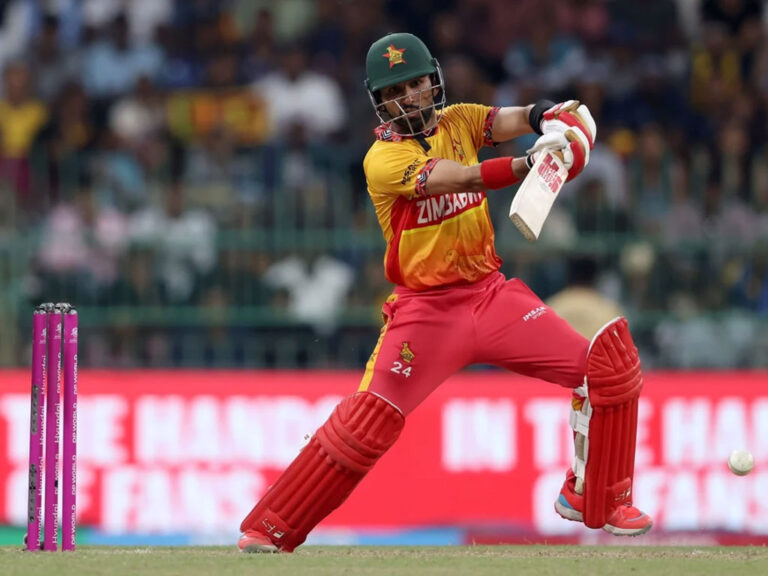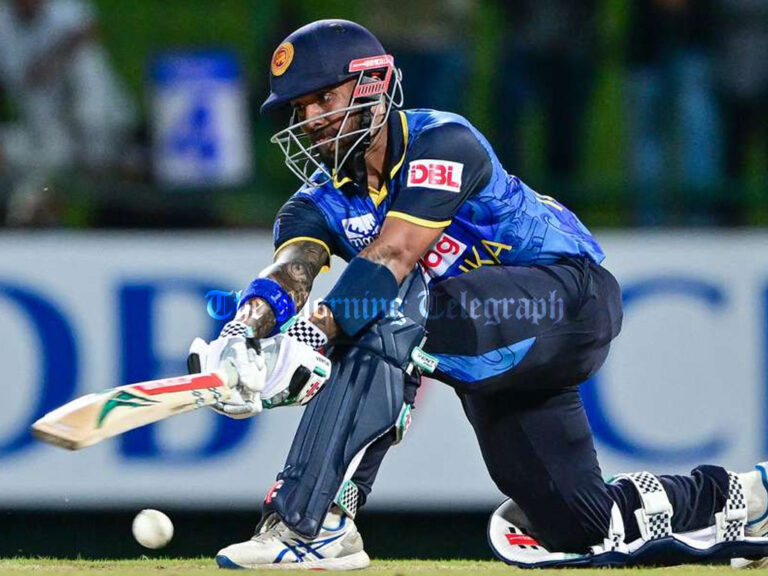
Russia’s President Vladimir Putin has long cultivated an image as a decisive and formidable leader. However, his handling of recent crises reveals a different narrative—one characterized by hesitation and inaction.
When Ukrainian troops crossed into Russian territory at a border post and advanced almost unchallenged across the vast fields of the southern Kursk region, it took Putin a day and a half to publicly address the situation. He labeled the incursion a “massive provocation,” accused Ukraine of indiscriminately targeting civilians, and quickly shifted his focus to routine government matters, such as planning for Russia’s “Construction Worker’s Day.” It was only after losing nearly 30 settlements over five days that Putin vowed a military response. Yet, there was no visit to the affected region, no declaration of martial law, and little apparent urgency in his reaction.
This pattern of delayed and insufficient response is not new. In March, following a devastating terror attack at the Crocus City concert hall in Moscow—the deadliest in Russia in decades—Putin took over 24 hours to address the nation. Despite ISIS-K claiming responsibility, he persisted in blaming Ukraine and the West, ignoring warnings from the U.S. that an attack was imminent. Putin never visited the attack site or the survivors in the hospital.
Similarly, when Evgeny Prigozhin, the leader of the Wagner mercenary group, initiated a mutiny last June, Putin’s response was inconsistent. He initially condemned the mutiny as “treachery,” then remained silent for two days before thanking Wagner troops for standing down and offering them military contracts. A few months later, Prigozhin died in a mysterious plane crash in Russia, leaving questions about Putin’s handling of the situation.
Putin’s crisis management weaknesses date back further. This week, he visited School No.1 in Beslan, marking the first time in 16 years he has returned to the site of the 2004 terror attack that claimed over 300 lives, many of them children. The European Court of Human Rights had previously condemned the Russian authorities for failing to act on prior knowledge of the attack and for a security operation that was “disorganized and lacked leadership.”
“He is not good at resolving crises,” Boris Bondarev, a former Russian diplomat who resigned in protest over the war in Ukraine, said. “It’s risky, it’s not predictable. Putin likes comfort, he likes it when he is making the crisis for others, when he controls the situation.”
Experts note that Russia’s military response to the Ukrainian incursion in Kursk mirrored the disorganized reactions of its president. Retired Australian Major General Mick Ryan, author of “The War for Ukraine: Strategy and Adaptation Under Fire,” observed that Russia’s initial reaction was one of shock, scrambling to find available forces to defend the region. This resulted in a hasty deployment of conscripts, understrength battalions, and strategic reserves from other fronts.
The hodgepodge of Russian forces, including Chechen special forces, naval infantry from Crimea, and troops redeployed from other regions, struggled to coordinate their defense efforts. A pro-Russian military blogger even remarked that Ukraine exploited the disarray by creating disruptions and then retreating, knowing that Russian forces lacked effective communication.
Russia’s bureaucratic response has been equally cumbersome. Defense Minister Andrei Belousov established a coordinating council to manage security in the border regions, assigning responsibilities to five different officials. The Institute for the Study of War warned that this approach could lead to further confusion and friction among Russia’s military, security services, and national guard, jeopardizing their ability to mount an effective counterattack.
Despite the initial chaos, there are now signs of a more organized Russian response. Ukrainian commander Dmytro Kholod, leading the “Nightingale” battalion in Kursk, noted that Russian troops are now attempting to counterattack, though they still surrender when faced with strong Ukrainian offensives.
Ryan believes that Russia is moving beyond its knee-jerk reaction phase, but the past two weeks have exposed Putin’s priorities, with his focus seemingly more on maintaining momentum in the Donbas than on defending Russian soil.
Putin’s overarching strategy of attrition—aimed at exhausting Ukraine and outlasting its allies—remains unchanged. Yet, Ukraine’s surprise incursion has emboldened critics of the West’s cautious military aid policies. Ukrainian President Volodymyr Zelensky pointed out that the concept of “red lines” concerning Russia’s response has been debunked by recent events, suggesting that fears of a nuclear escalation are now more remote.
Ryan, the retired general, argued that the West needs to reassess its strategy, which he believes is currently a recipe for prolonging the conflict rather than achieving victory. Bondarev, the former diplomat, emphasized that Putin’s response to crises should not be feared as much as it is often portrayed. “When he’s really presented with a crisis, he’s not a cornered rat, he’s just like an imposter,” Bondarev said. “And that’s why he should not be feared so much.”




